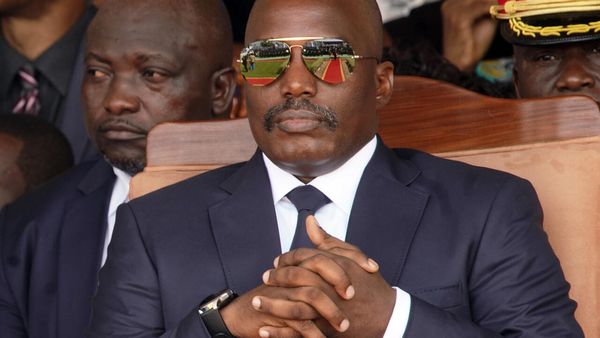
Chicago needs to send a clear and sustained message from the top of the police department on down if police reform is going to succeed.
The firing this week of Robert Boik, the police official in charge of overseeing the Chicago Police Department’s court-ordered reform efforts, doesn’t send that message. Instead, it’s a step in entirely the wrong direction.
What message does it send when a leader is, according to reports, fired right after standing up for what his office needs — a certain number of police officers dedicated to reform work — in order to meet the consent decree goals?
“Consent decree reforms are sorely, sorely needed to make policing effective in Chicago,” as Alexandra Block, supervising attorney for the American Civil Liberties Union of Illinois, told the Sun-Times. “It only stands to reason that, if a significant portion of the personnel detailed to that department are no longer available for consent decree compliance work, that work just isn’t going to get done. It shows the mayor and superintendent are not sufficiently prioritizing reform.”
‘No basis for concern’
In 2018, CPD entered into a police reform consent decree with the Illinois attorney general’s office after a year-long investigation by the U.S. Department of Justice, which concluded that CPD suffered from a lack of accountability for officers, a pervasive code of silence and disproportionate use of force. The decree, enacted in 2019 and overseen by a federal judge, set goals and deadlines for achieving reform and was designed to end mistrust of police, making both communities and officers safer.
In independent monitor Maggie Hickey’s most recent report in April, Hickey, a former federal prosecutor, found the police department had achieved some level of compliance with 380 out of 523 consent decree paragraphs. After Boik’s departure, Mayor Lori Lightfoot said there is no basis for concern that CPD won’t meet its obligations.
But the department already has been missing deadlines, and has been criticized for boasting about minor progress. The firing of Boik, who since 2020 had been executive director of the police department’s Office of Constitutional Policing and Reform, doesn’t inspire confidence that CPD will suddenly start doing better — especially because Boik’s departure was preceded by a decision in March to push back the timeline for full compliance from five to eight years.
Officially, with regard to Boik’s departure, CPD said it does not comment on personnel matters. But according to sources with knowledge of the move, Boik was dismissed after sending an email criticizing Police Supt. David Brown’s decision to move 46 officers out from under Boik’s supervision to the Bureau of Patrol.
Look, we get that city residents are concerned about crime, and it’s Brown’s job to find ways to bring down crime rates. And, yes, police reform is hard and was hampered by the onset of the pandemic. And CPD is undermanned, with officers routinely having their days off cancelled.
But pulling officers away from implementing reform raises serious questions about whether the department will achieve its goal of having police officers trained in reform for 40 hours per year.
Boik reportedly wrote in an email that, with the transfer, no cops will receive the 40 hours of training this year.
Boik, who was chief of staff for three police superintendents, including Brown, was said to be well-respected and a straight shooter. Tina Skahill, who has served as a deputy under Brown and previously was a veteran police officer, was named to replace Boik. We hope she shows a strong commitment to reform — which, if it’s done properly, stands to benefit the entire department as well as the community CPD serves.
For reform to succeed, officers must be well-trained and the department as a whole must build trust with communities. The slow pace of meeting reform goals is cause for concern — and yes, we know other cities typically have taken around 10 years to fully implement reform goals.
Now, Boik’s firing adds to that concern. Reform is about more than one person, of course. But we’d hate to think this is another case of a whistleblower being shown the door.
This is no time to let reform stall or slip backward.
The Sun-Times welcomes letters to the editor and op-eds. See our guidelines.







